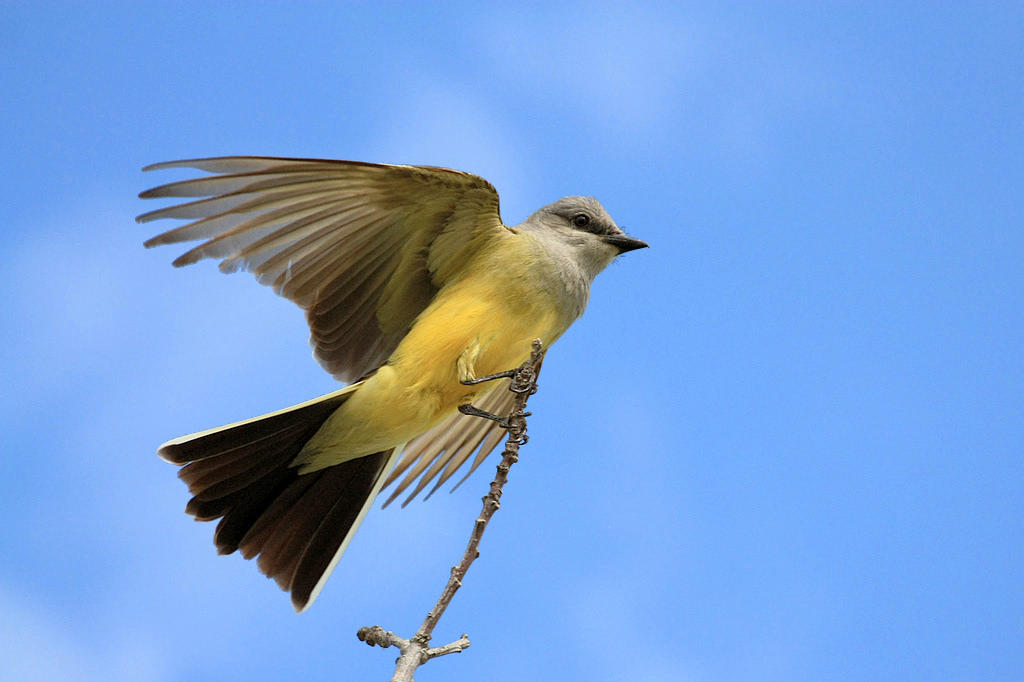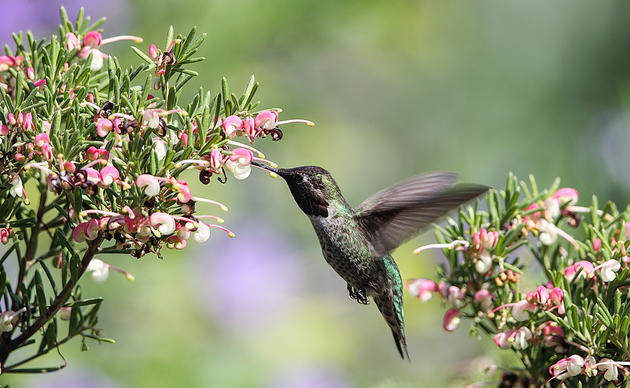
Migratory bird protection received a strong boost this morning in the California Legislature. Assembly Bill 2627, authored by Assembly Member Ash Kalra, and sponsored by Audubon California, advanced through a key committee vote in the Assembly Appropriations Committee his morning. The bill is important bill to protecting California’s birds in the wake of the Trump Administration’s refusal to properly enforce the Migratory Bird Treaty Act,
The committee vote comes just one day after the National Audubon Society and other conservation organizations filed suit against the Department of the Interior challenging the Trump Administration’s move to eliminate longstanding protections for waterfowl, raptors, and songbirds under the Migratory Bird Treaty Act (MBTA).
In a legal opinion issued December 2017, the Trump administration abruptly reversed decades of government policy and practice—by both Democratic and Republican administrations—on the implementation and enforcement of the MBTA.
The Act's prohibition on the killing or "taking" of migratory birds has long been understood to extend to incidental take from industrial activities—meaning unintentional but predictable and avoidable killing. Under the Trump administration's revised interpretation, the MBTA’s protections will apply only to activities that purposefully kill birds. Any “incidental” take—no matter how inevitable or devastating the impact on birds—is now immune from enforcement under the law.
According to Mike Lynes, Audubon California’s director of public policy, the lawsuit “underscores the need – and the opportunity – to address this issue in California before more conflict and litigation becomes necessary.”
“Existing California law prohibits the killing of nongame migratory birds except in limited circumstances,” he added. “The confusion around the MBTA has highlighted uncertainties in how California law will be applied and forced the State of California to better define how it will protect migratory birds going forward.”
Lynes describes AB 2627 as a common sense way for both conservationists and industry to arrive at certainty.
“AB 2627 is intended to reduce conflicts by incentivizing use of well-established best management practices,” he said. “It provides a pathway for companies to comply with existing state law that does not exist today.”
In California, we have a chance to avoid the chaos and conflict around the MBTA by passing AB 2627.
Monthly Giving
Our monthly giving program offers the peace of mind that you’re doing your part every day.




